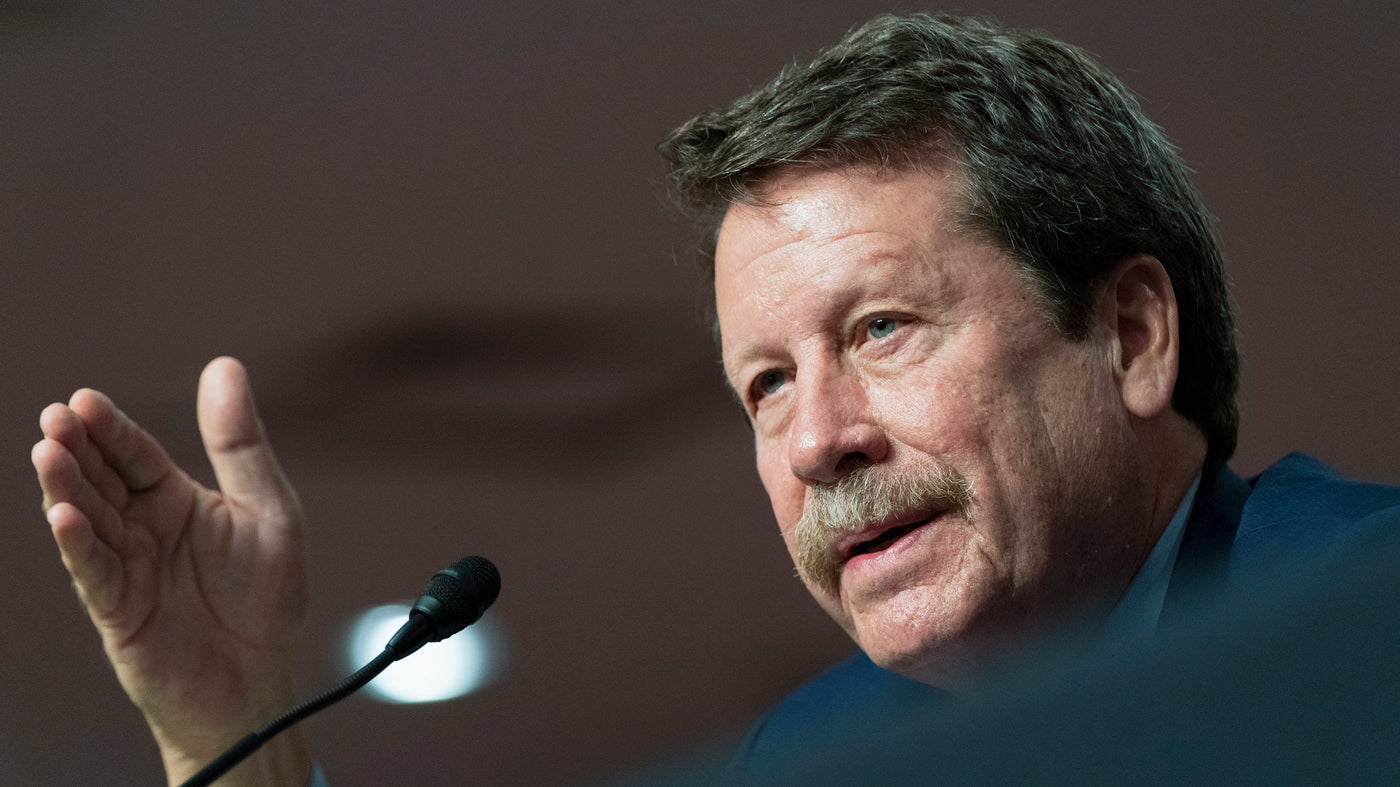The two states are the latest to join a growing group determined to limit the proliferation of the much-maligned hemp-derived compounds.

The Civil War between hemp and cannabis has reached two more states as the battle over what to do with intoxicating hemp derivatives (IHDs) continues to rage across America. According to multiple local and national media outlets, lawmakers in Mississippi and Illinois are introducing legislation aimed at curtailing the spread of products containing IHDs, like delta-8 THC.
In Mississippi, State Rep. Lee Yancey introduced an amendment updating existing legislation that would place IHD product offerings under the regulatory purview of the state’s medical marijuana program. While the proposed measure pushes intoxicating hemp items into licensed medical marijuana dispensaries, non-intoxicating hemp products such as CBD can still be sold over the counter by other retail outlets.
State Sen. Kevin Blackwell, who advocated for Mississippi’s medical marijuana program and currently serves as chairman of the Senate Medicaid Committee, says regulating IHD products is a necessary step to ensure public safety in the state.
“We restrict our medical cannabis program significantly, but if you want to call this our ‘rec program,’ you can pretty much buy anything you want,” Blackwell said of the predominantly unregulated hemp intoxicants, widely available in convenience stores, CBD shops, and other common retail outlets.
"We restrict our medical cannabis program significantly, but if you want to call this our ‘rec program,’ you can pretty much buy anything you want."
- Mississippi State Sen. Kevin Blackwell
Meanwhile, in Illinois, deep-pocketed Big Cannabis interests are supporting a bill in the state legislature that would impose a $10,000 fine on companies caught selling delta-8 THC or other unregulated IHD products. In addition, the proposed measure would set up a task force to study IHDs to ensure their efficacy and safety.
The legislation is backed by the Cannabis Business Association of Illinois (CBAI), in part for safety concerns, with association members pointing to the continued reports of individuals falling ill after consuming items containing IHDs.
In both states, the primary issues prompting the proposed pieces of legislation center on the vast proliferation of unregulated and potentially unsafe products, but most importantly, the proposed measures are targeting unfair competition concerns voiced by the large multi-state operators comprising the medical marijuana programs in both states as well as the recreational sector in Illinois.
Following the rapid boom and bust for over-the-counter CBD extract health aids beginning in 2019, manufacturers left with massive backlogs of CBD stocks began selling them to a few less-than-savory producers of hemp-based psychoactive compounds, most notably delta-8 THC.
That shift in market dynamics led to a flood of IHD products across the country and, in a few highly well-publicized instances, to a handful of individuals becoming sick after ingesting those items.
However, the primary impetus for the nationwide crackdown on hemp intoxicants has more to do with money, market share, and “unfair competition.” For businesses in the states’ respective medical marijuana programs and, in the case of Illinois, those comprising the adult-use cannabis market sector, IHD products represent unfair competition. Many of these companies have invested thousands of dollars and years of work to establish their place in the industry.
One of those business owners is Ron Miller, who co-owns Navada Labs and BLYSS Dispensary in Mt. Vernon, IL. During a news conference hosted by the CBAI last week, Miller said, “It is deeply disheartening and, frankly, a betrayal by the state to allow these shops to pop up and call themselves dispensaries.”
"It is deeply disheartening and, frankly, a betrayal by the state to allow these shops to pop up and call themselves dispensaries."
- Ron Miller, Co-Owner of Navada Labs and BLYSS Dispensary
Another issue of paramount concern to lawmakers and industry stakeholders is access for kids. During that same CBAI news conference, Illinois State Rep. Eva-Dina Delgado spoke about a conversation with his 15-year-old daughter in which the teen said delta-8 products are widely available to her peers.
“As a parent, there is nothing more scary than to hear stories from your child about how kids are ‘greening out.’ And when I asked her questions like, ‘Hey, are these kids getting the supply from their parents,’ she says, ‘Oh no, we just go to the corner store,’” Delgado shared.
"As a parent, there is nothing more scary than to hear stories from your child about how kids are ‘greening out.’ And when I asked her questions like, ‘Hey, are these kids getting the supply from their parents,’ she says, ‘Oh no, we just go to the corner store.'"
- Illinois State Rep. Eva-Dina Delgado
According to CBAI Executive Director Tiffany Ingram, when businesses selling IHD products do not have to pay cannabis-related taxes or other compliance costs, they not only undercut legally licensed dispensaries but are also able to sell their products at prices readily accessible to minors.
There are no easy solutions to these issues confronting the cannabis and hemp industries. In many respects, hemp has become the political hot potato no one wants to hold or address. With the U.S. Food and Drug Administration (FDA) placing the responsibility on Congress and congressional lawmakers seemingly content to put the onus on the states, most hard-working and law-abiding hemp business owners are left out in the cold.
Whether through the much-anticipated and long-delayed Farm Bill renewal expected to happen later this year or the judicial system, which is currently confronting the legality of legislation like the bills being considered in Mississippi and Illinois in states like Texas, New York, Arkansas, and Wyoming, a definitive solution on what to do with hemp must be agreed upon by all political, economic, and regulatory parties involved. The $28 billion hemp industry is too large to ignore and much too vital to fail.






































